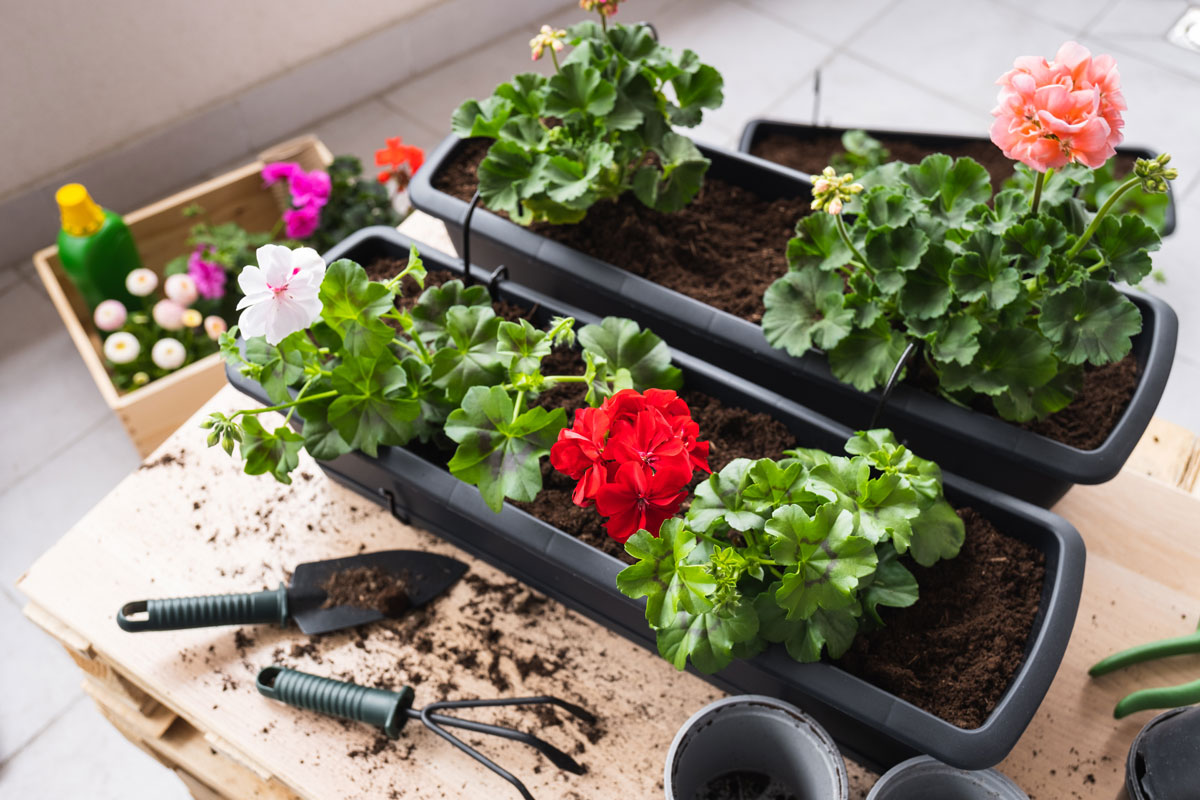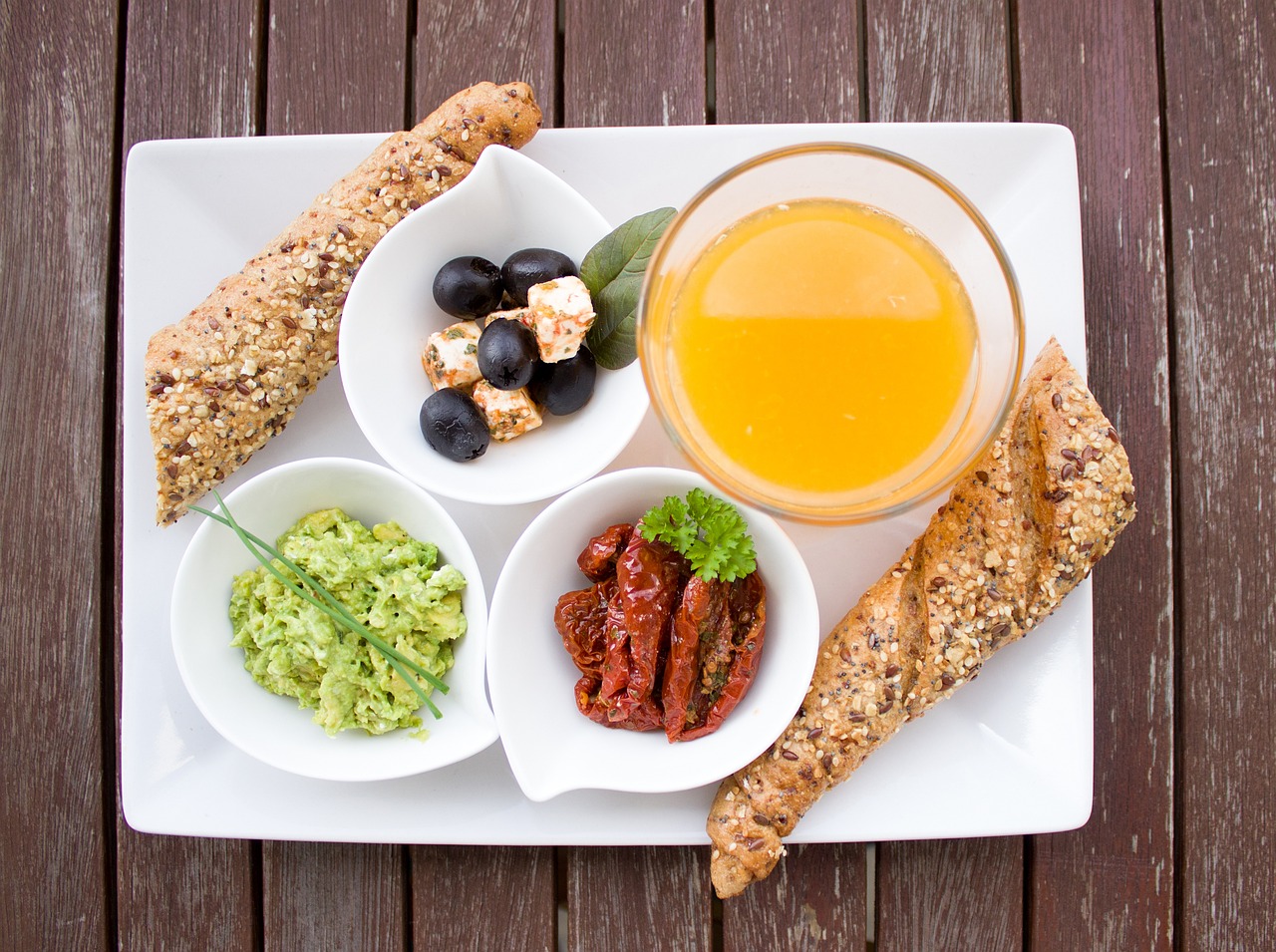In urban settings, where space is limited, window boxes and small balcony gardens offer a wonderful opportunity to bring a touch of greenery and nature to your living space. Whether you’re a beginner or a seasoned gardener, these compact gardening solutions can be both aesthetically pleasing and practical. This article aims to provide you with comprehensive and practical advice on creating and maintaining beautiful window boxes and small balcony gardens. From choosing the right plants to essential care tips, read on to transform your outdoor space into a thriving oasis of greenery.
Selecting suitable plants for your window boxes and balcony gardens
When it comes to window boxes and balcony gardens, choosing the right plants is crucial for their overall success. Opt for plants that thrive in the specific microclimate of your balcony or window area. For sunny locations, consider sun-loving varieties like petunias, geraniums, and succulents.
In shadier spots, go for ferns, begonias, or impatiens. To create an eye-catching display, mix different plant heights, textures, and colors.
Additionally, select plants that don’t outgrow the containers too quickly, as space is limited in window boxes and small balconies.
The importance of proper watering techniques
Watering is a fundamental aspect of gardening, but it requires careful attention, especially for window boxes and small balcony gardens. Since these containers have limited soil volume, they can dry out quickly. It’s essential to water your plants regularly, especially during hot summer months.
Consider investing in a drip irrigation system or self-watering planters to maintain consistent moisture levels. Always water the plants at their base to prevent waterlogging the leaves, which can lead to fungal diseases.
Practical tips for container gardening in small spaces
Successful container gardening in small spaces involves some smart strategies. First, ensure your containers have adequate drainage holes to prevent waterlogging.
Use high-quality potting mix that provides proper aeration and nutrition for your plants.
Additionally, consider vertical gardening techniques to maximize space utilization. You can use trellises or hanging planters to grow vining plants, creating a lush and space-efficient display. Furthermore, pay attention to the weight of your containers, as balconies have weight restrictions.
Opt for lightweight materials like plastic or composite to avoid unnecessary strain.
Fertilization for healthy growth
Proper fertilization is essential to support the healthy growth of your plants. Incorporate slow-release fertilizers into the potting mix at the beginning of the growing season. This will provide a steady supply of nutrients to your plants for several months.
Additionally, consider using liquid fertilizers during the growing season to give your plants an extra boost of nutrients. However, be cautious not to over-fertilize, as it can lead to nutrient imbalances and harm the plants.
Pest and disease management
Even in small gardens, pests and diseases can be a concern. Keep a close eye on your plants for any signs of infestation or disease development. Introduce natural predators like ladybugs to control aphids and other pests.
For minor infestations, you can use neem oil or insecticidal soap as organic solutions.
Prune off infected plant parts to prevent the spread of diseases. Regularly cleaning your containers and maintaining good airflow around the plants can also help minimize pest and disease issues.
Seasonal planting and maintenance
In France, the climate varies from region to region, and choosing plants that align with the seasons is essential. Research the hardiness zones of your area to determine which plants are suitable for each season. Rotate your plantings accordingly, switching to cool-weather crops in spring and fall, and opting for heat-tolerant plants in summer.
Regularly deadhead flowers to encourage continuous blooms, and remove faded or damaged foliage to maintain the aesthetics of your window boxes and balcony gardens.
Companion planting for pest control
Companion planting is a gardening technique that involves planting compatible plants together to deter pests and improve overall plant health. Consider adding herbs like basil, mint, or rosemary to your window boxes, as their strong scents can repel insects.
Marigolds are also beneficial, as they deter nematodes and other harmful pests. Additionally, interplanting flowers with vegetables can attract pollinators, enhancing the productivity of your edible plants.
Harvesting and using homegrown produce
If you’ve opted for growing edible plants in your small garden, the joy of harvesting your homegrown produce is unparalleled. Harvest vegetables and herbs regularly to promote continuous growth.
Utilize your fresh herbs and veggies in your cooking to savor the flavors of your efforts. Consider preserving excess produce through methods like drying or freezing to enjoy them throughout the year.
With a little creativity and the right approach, window boxes and small balcony gardens can become havens of greenery and beauty. Choose suitable plants for your specific conditions, pay attention to watering and fertilization, and be vigilant against pests and diseases.
Embrace seasonal changes and companion planting techniques to enhance your gardening success. Moreover, relish the rewards of your hard work by harvesting and using your homegrown produce. By following these expert tips, you can transform even the tiniest outdoor space into a thriving and delightful garden. Happy gardening!






